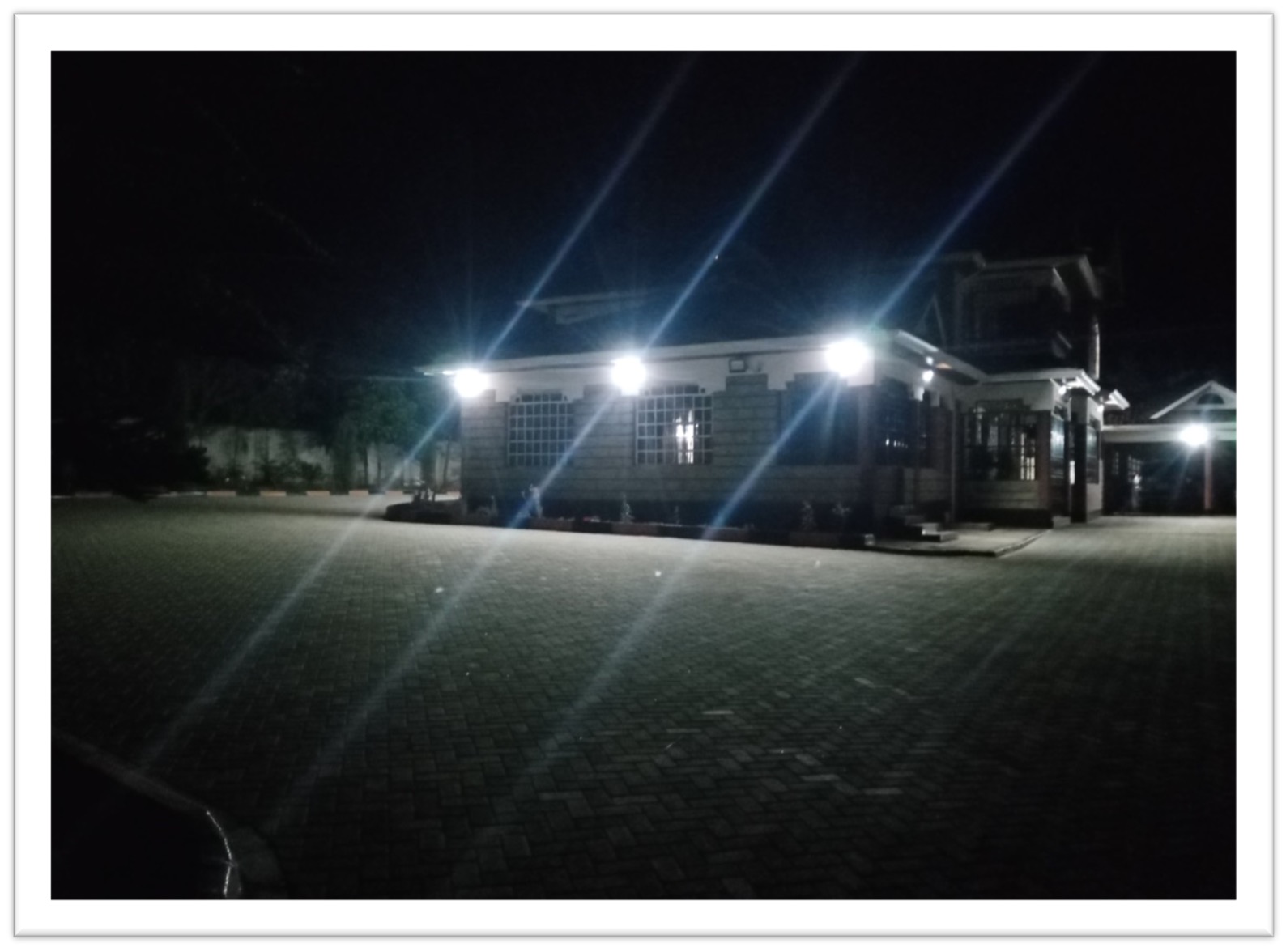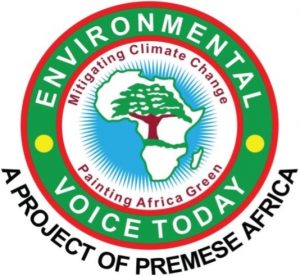
PREMESE AFRICA INSTITUTE FOR ENVIRONMENTAL VOICE TODAY
CORE THEMES: Renewable Energy, Environmental Conservation, Preservation of Ecosystem, Cultural Evolution and Climate Change Agenda.
CONTACTS:
Postal Address: P.O. Box 26061-00504, Nairobi, Kenya
Tel. 0722-292042 / 0722-573296.
Email: premese2014@gmail.com
Physical Address: Off-Mombasa Road; 1km on Kyumbi-Machakos Road.(After Premese Greenhill Academy Gate).
Project Purpose:
Basically, Environmental Voice Today seeks to promote:
=> Green Economy through tree planting and promotion of appropriate, environmentally, friendly technologies widely referred to as clean energy.
=> Generation of thermal, wind and solar energy for commercial and domestic utility.
=> Cultural preservation and evolution as a precious heritage for the present and future generations.
=> Local community participation in environmental conservation as a measure for the mitigation of climate change to prevent further deterioration of its adverse effects.
=> The establishment and consolidation of an ecological and cultural heritage (ECOH) center in form of a PARK which will become the focal point, provide platform and become the vehicle for raising awareness on the foregoing stated aspirations.
Project Vision:
We envision a future of unique environmental panorama within chosen institutions, sites, and individual stakeholder homes in the three targetted counties of Kenya (Makueni, Machakos and Kajiado), as beneficiaries of affordable, renewable and sustainable green energy, with ultimate effect of improved waste management, improved freshwater supply and improved food security.
Project Mission:
We aspire to seek networking with like minded partners with a view to escalating efforts that create greater scope of environmentally friendly, culturally sensitive and gender inclusive green economy that “Paints Africa Green”.
THE ECOH PARK DIAS/PODIUM IMAGES
THE ESSENCE OF OUR ECOLOGICAL-CULTURAL HERITAGE (ECOH) PARK
We All Have The Fundamental Obligation to Conserve Ecosystem Life on the Land, In Water (Blue Economy), and In Air; Both Visible and Invisible, an Epitome of The Garden of Eden. This Includes Wildlife, All Kinds of Vegetation and All Created Living and Non-Living Things. This is With the Sole Purpose of According Human Race Unpolluted and Sustainable Natural Life that We So Desperately Need for Our Own Well-Being and Survival. For This Reason, We Commit Ourselves To Participate In the On-Going Global Effort To Mitigate Climate Change And Its Adverse Effects, As We Strive To Save Our Mother Earth Both for The Present Generation and Posterity. In the Process, We Clamor To Restore and Evolve African Cultural Values, Synchronizing Culture With Modern Technology In the Process of Refining It, Without Losing The Sight of The Core Essence of Our Heritage, As We Seek To Actively Challenge the Attitude of Ethnocentrism To Embrace And Respect Our Diversity.
Introduction
My second employer of 15 years in my career life was none other than Diocesan Development Services (DDS) of Caritas Machakos. I will live to remember my boss and mentor that time for his inspiration and encouragement whenever I had a new idea that I needed to try out. After questioning me deeply to be clear I knew exactly what I wanted to do and the direction to which I wanted to move, his response was instantaneous: ‘IT CAN BE DONE’. When I decided to venture into the challenging world of self-employment in consultancy services and later the establishment of Premese Educational Institutions, I sought for moral strength from the same phrase: ‘It Can Be Done’. This defines the courage to embark on the latest venture in the name of Environmental Voice Today, an NGO committed to combating the negative effects of climate change with the promotion of green energy through tree planting initiatives and the promotion of cultural evolution and the preservation of positive cultural values, hence Eco-Cultural Heritage (ECOH) Park.
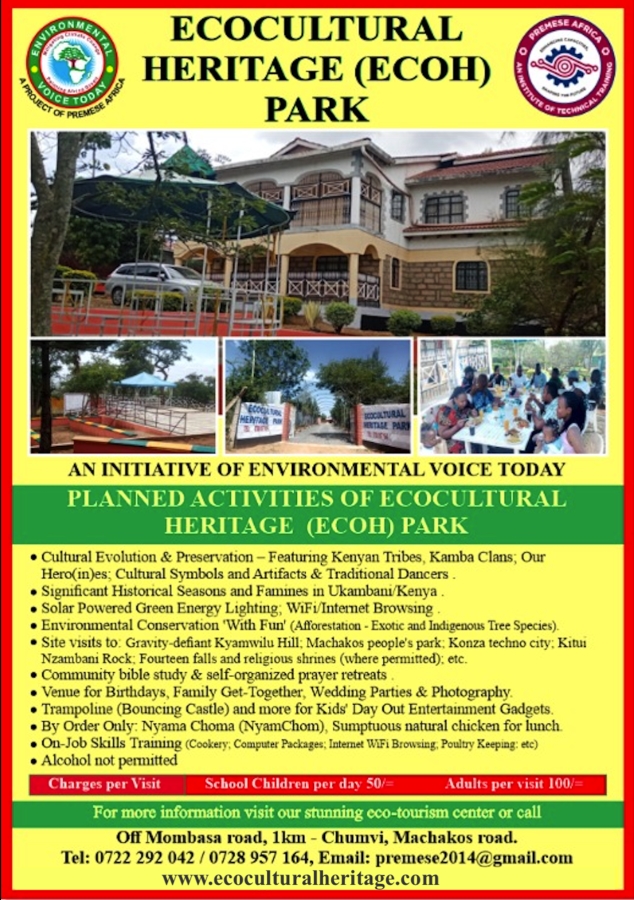
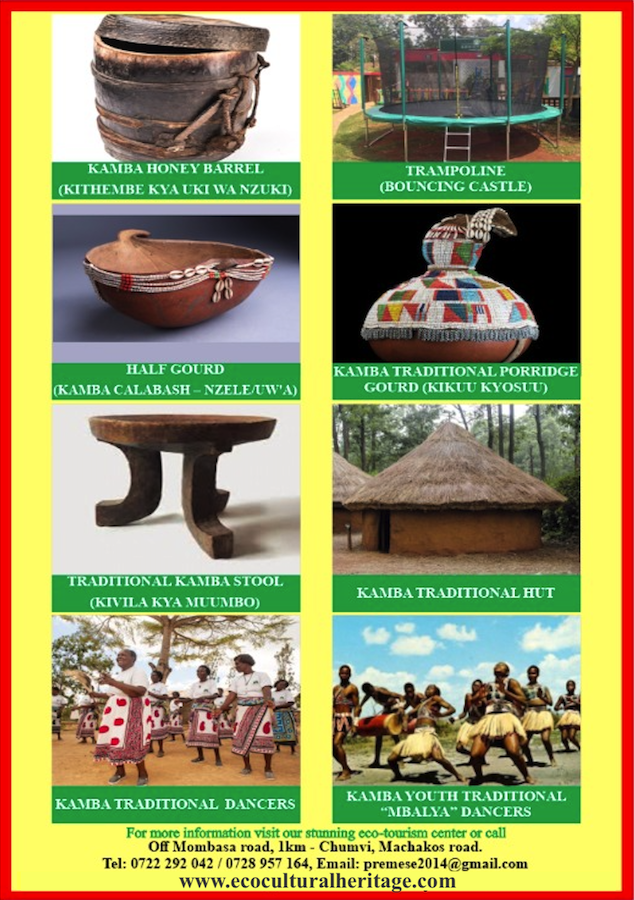
THE ECOH PARK ADMIN BLOCK & SOME OF THE ACTIVITIES IN THE PARK
Preservation of Ecosystem As It Were In The Garden of Eden
When the first human being was created, he was given the Garden of Eden to ‘work it and take care of it’. He was not given a shop, supermarket or a factory but a garden without farm machineries (Genesis 2:9-20). But he was given sufficient ingenuity to take with modernization from those fundamental provisions.
In actual fact, we are mere tenants (squatters if you like), assigned to be the trustees of God’s creation. We are meant to tend what belongs to the Owner of the earth resources as we benefit from its proceeds. That’s why we must act responsibly as stewards. We must therefore be sensitive against any action that attempts to destroy or destabilize the environmental harmony. If we decide not to, the creation itself will shout to God in worship and cry to God against its abuse. In case we didn’t know, all creation (including living and non-living things) worships, glorifies, honours and sings for God (Revelation 5:13; Nehemiah 9:6; Psalms 66:4; Luke 19:40)
This Could As Well Pass For A Section Of The Garden Of Eden
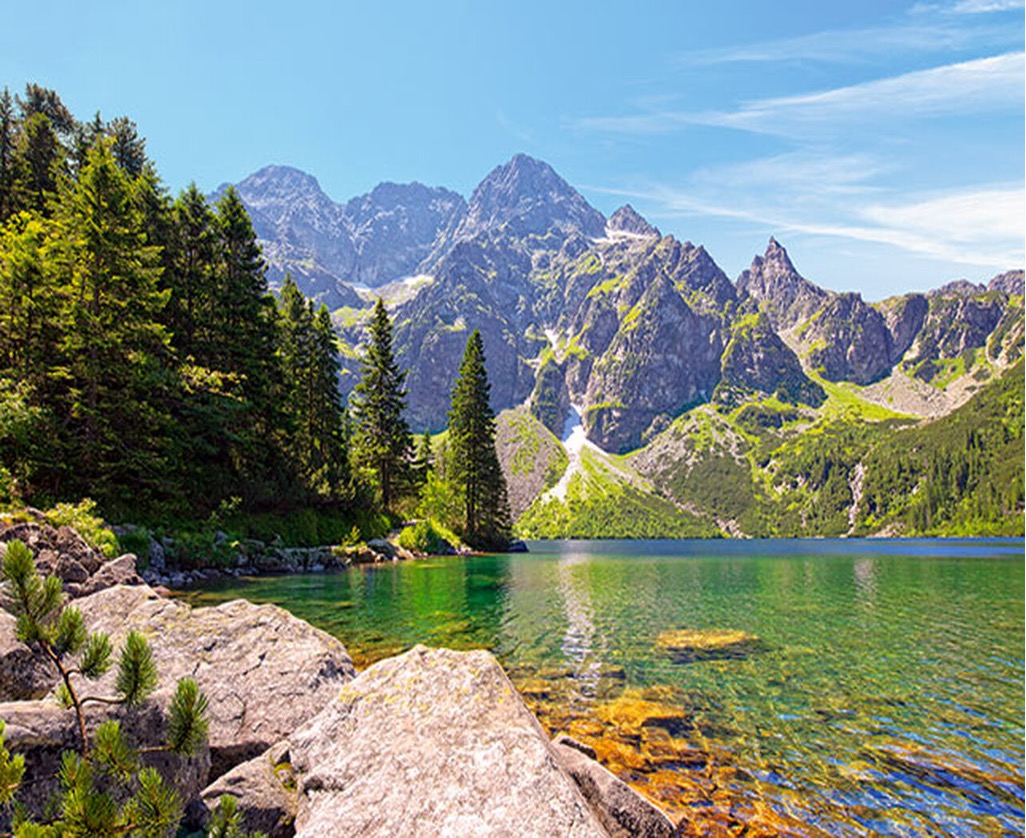
Ecologists urge us to be mindful of environment and particularly the preservation of conducive environment for its creatures to co-exist with humans as we develop concrete cities everywhere. They remind us that we should always remember to create sufficient open, green spaces for other living things. We should also plant enough variety of vegetation suitable for animals and birds among other creatures. In fact, wherever we have planted trees within our schools, families and other community institutions, birds of all different species and colours appear to emerge spontaneously. As a result, the environment comes alive with birds’ melodies allover.
We are already familiar with the effects of climate change as we witness the expansion of desolate lands as a result of soil depletion and overuse and undue pressure on land. Deforestation is a sure tragedy today as millions of acres of forest cover is lost annually either through wanton destruction by human beings or through natural calamities such as drought and unexplained wild bush fires. Nations world-wide have intervened by enacting appropriate policies and laws that slow down the use of wood for timber and reckless burning and sale of charcoal. Such is meant to protect forests and woodlands. Policies have also been enacted to slowdown the use of river sand in construction industries with appropriate alternatives such as use of volcanic and ballast dust recommended instead. It’s also illegal in Kenya to build structures or cultivate within riparian lands.
In the same breath on conservation of environment, Environmental Voice Today recognizes and seeks to associate with efforts in the exploration of alternative sources of energy such as geothermal, wind and solar energy for commercial and domestic consumption. These alternative sources of energy are becoming popular worldwide in cooking, heating and lighting. Governments and commercial banks are increasingly advancing loans to fund these initiatives globally. Premese institutions have also endeavored to harness solar energy for lighting and water heating both in homes as well as schools. Such initiatives have been financed by the Premese Africa Development Institute whose directors double up as members of the Environmental Voice Today. The good news is that these alternative sources of green energy usually have little or no maintenance cost.
SOLAR CLEAN ENERGY DOMESTIC INSTALLATION BY ENVIRONMENTAL VOICE TODAY IN MACHAKOS
